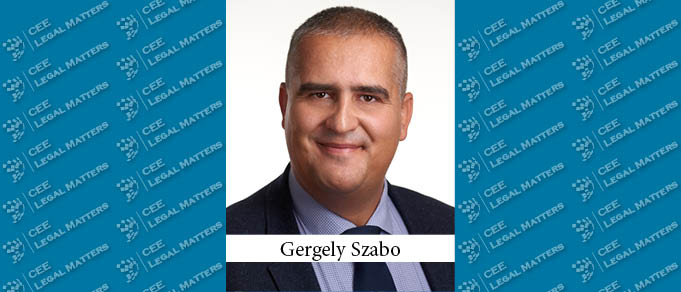The original foreign direct investment screening regime was adopted in Hungary pursuant to Regulation (EU) 2019/452 of the European Parliament and of the Council and became effective on January 1, 2019. Instead of amending the original regime, a new parallel FDI screening regime was introduced in late May 2020 to protect Hungarian strategic sectors during the COVID-19 period. This second regime was fine-tuned in the middle of June, 2020 and then again at the end of October, 2020. The notification obligation under the second regime is applicable to relevant transactions made before June 30, 2021.
Due to the extraordinary regime declared in connection with the COVID-19 pandemic, the personal scope and affected industries set out in the original regime were also amended in late November 2020. Consequently, two overlapping and complex regimes apply to FDIs. In this article, we highlight their main characteristics and differences.
Personal Scope
The personal scope of what we’ll call the “Original Regime” originally covered non-EU, non-EEC, and non-Swiss citizens and entities as investors. The personal scope of what we’ll call the “Second Regime” is broader, extending it to cover legal entities and organizations having a seat outside Hungary but within the EU or the EEA or in Switzerland as well, provided that they acquire majority control of a strategic company. However, as mentioned before, the Original Regime was amended in late November 2020. It now also covers EU, EEA, and Swiss investors, though, in contrast to the Second Regime, no majority control is required. It is questionable whether the current scope – aimed at all foreigners – is in line with Regulation 2019/452 and general principles of EU Law.
Affected Industries
Both regimes cover strategic sectors, largely in line with Regulation 2019/452. The Second Regime does not cover the financial sector, but its scope is much broader than that of the Original Regime, since basically any activity can fall within its scope.
Considering the above, certain investments (e.g., those in the energy and communication sectors) must be notified under both regimes. However, other investments must be notified under either the Original Regime (e.g., in the financial sector) or under the Second Regime (e.g., in transport). Consequently, the categorization of the underlying investment requires deep market knowledge and thorough understanding of both regimes.
Relevant Investments
Under the Original Regime, the notification obligation applies to acquisitions of ownership – including establishment of a company or branch office and share acquisition – exceeding 25% (10% for stock corporations) or of a controlling interest by a foreign investor in a direct or indirect manner in a company that is subject to the regime. The definition of investments which require notification is much broader under the Second Regime than in the Original Regime, since it also covers transfers of essential assets, capital increases, transformations, mergers and demergers, obtaining bonds, and establishments of usufruct rights on shares. Furthermore, acquisitions of 10% of shares by non-EU/EEC investors and reaching certain investment thresholds also requires notification. The Second Regime does not apply to certain intra-group transactions and between related undertakings.
Authorities
Under the Original Regime, the Minister of Interior is competent, whereas under the Second Regime competence belongs to the Minister of Innovation and Technology. If a particular FDI triggers both notification requirements, that notification must therefore be made to both Ministers. The two regimes seem to operate with roughly similar procedural rules. However, the details, including procedural deadlines, are different. Under the Original Regime, the Minister is required to examine whether there any elements of the transaction endanger Hungary’s security interests. Under the broader Second Regime, the Minister focuses on public interest, public order, and public security issues. All these categories might lead to subjective interpretation. Failing acknowledgement by the Minister – which makes both procedures a licensing – a transaction cannot be closed. Furthermore, violation of the notification obligation may give rise to considerable fines.
Effects on M&A Transactions
This patchwork of rules make investment in Hungary complex, and the broad conditions that might lead to rejection of investment may cause an investor to think twice before acquiring a Hungarian company. Accordingly, the subject matter, structuring, timing, and closing conditions of most M&A transactions in Hungary need to be examined and planned carefully.
By Gergely Szabo, Partner, Ban, S. Szabo, Rausch & Partners
This Article was originally published in Issue 8.2 of the CEE Legal Matters Magazine. If you would like to receive a hard copy of the magazine, you can subscribe here.



